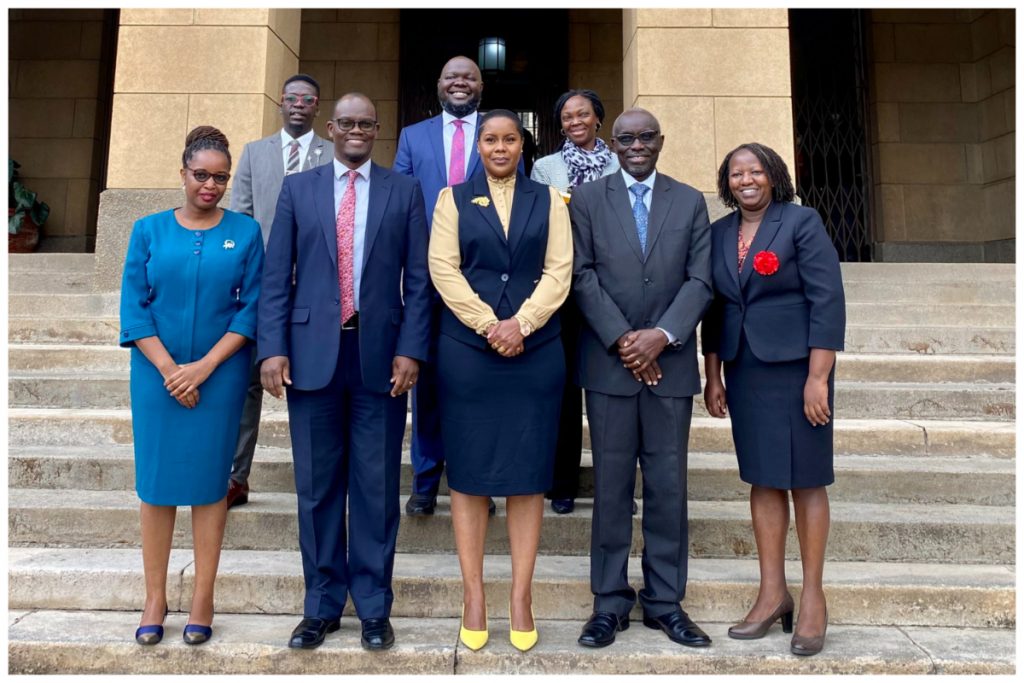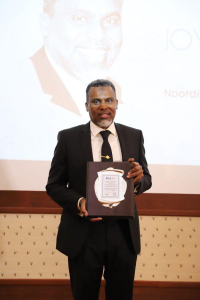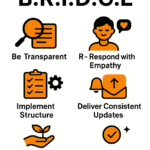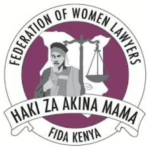A former TV news anchor was in the company of doctors, professors and lawyers as members of two tribunals were sworn in at the Supreme Court in Nairobi on March 29.
Deputy Chief Registrar of the Judiciary Paul Ndemo presided over the swearing in ceremonies of the members of the HIV and AIDS Tribunal as well as the Cooperatives Tribunal.
Appointed earlier on in the year, the two tribunals will now continue performing their duties as prescribed by the law.
FIDA and Human Interest Stories from NTV
As its chairperson, the HIV and AIDS Tribunal comprises Carolyne Mboku, lead advocate at Mboku Law Firm and a FIDA Board Member.
Others in the tribunal are Nelson Wanyonyi Osiemo, Brian Ouko Yego, Dr Irene Njahira Mukui, Prof Walter Godfrey Jaoko, Dr Solomon Musani and Jane Ngoiri Nganda.
Deputy Chief Registrar of the Judiciary Paul Ndemo presides over the swearing-in ceremony of Members of the HIV and AIDS Tribunal at the Supreme Court building in Nairobi. pic.twitter.com/0CWglAtcj2
— The Judiciary Kenya (@Kenyajudiciary) March 29, 2023
Jane Ngoiri, a former Swahili TV news anchor, drew special interest with netizens online.
Prior to quitting NTV in 2021, Ngoiri was a news presenter alongside first Nimrod Taabu then Salim Swaleh. She was also known for airing powerful human interest stories for her segments while at Nation Media Group.
I am humbled and grateful to have been appointed on the HIV/AIDS tribunal.
Deepest gratitude to The President of Kenya, H.E, Dr. @WilliamsRuto for entrusting me with this responsibility.
It is an honor to serve & contribute to the fight against this global health challenge pic.twitter.com/PtDYkdtgTQ
— Hon. Jane Ngoiri, HSC (@janengoiri) March 29, 2023
Members of the HIV and AIDS Tribunal were appointed by Attorney General Justin Muturi via Gazette Notice No. 2893 of 2023.
Dated March 6, 2023, the Gazzette Notice reads, “In exercise of the powers conferred by Section 25(1) of the HIV and AIDS Control and Prevention Act, the Attorney General appoints …… as chairperson and members of the HIV and AIDS Tribunal.”
The seven will serve for a period of three years, “effective March 10,2023” as per the AG.
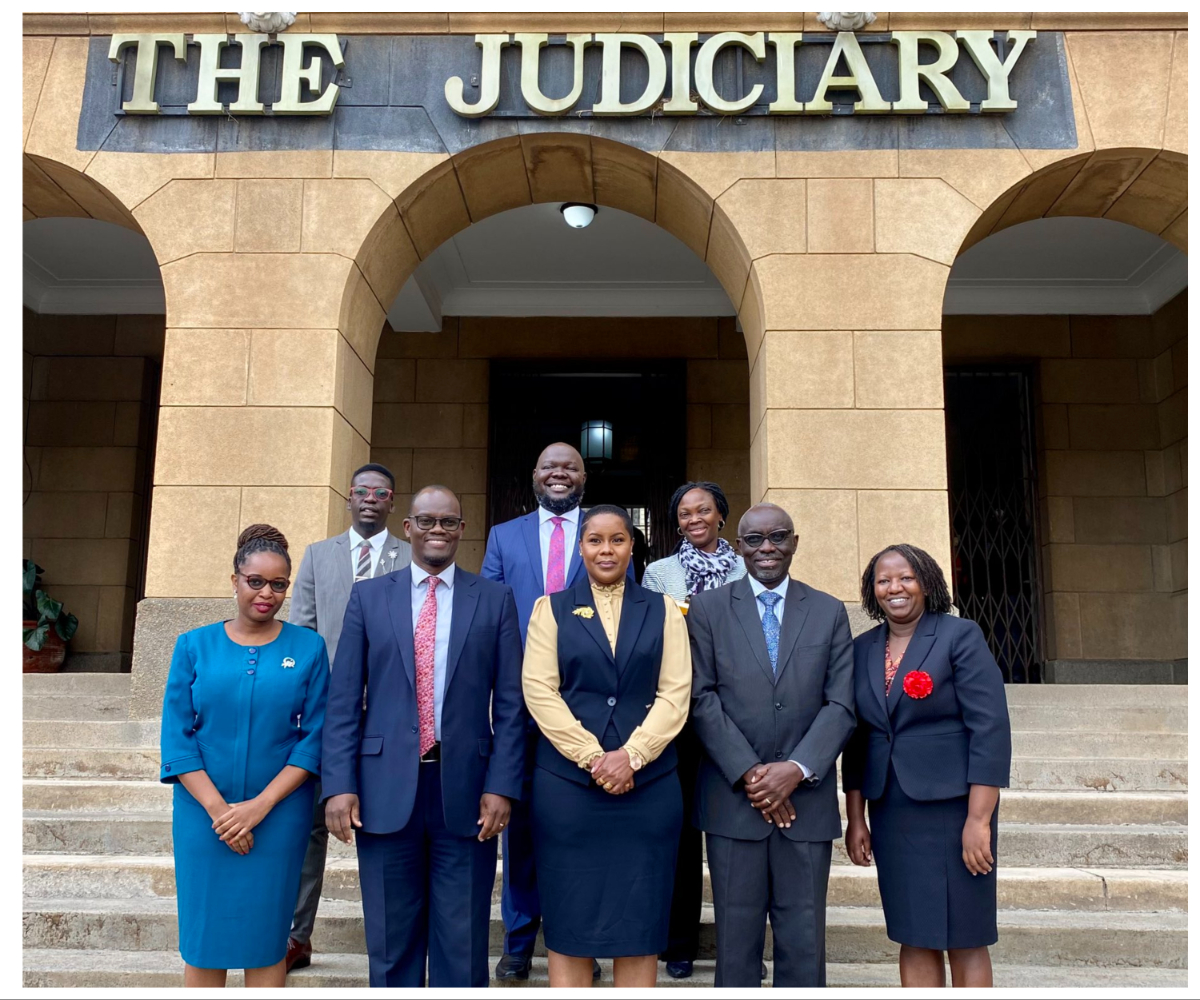
It is headquartered in the Nairobi CBD, on the 12th Floor of Re-Insurance Plaza, opposite the Supreme Court.
Countrywide Sittings
In the Cooperatives Tribunal meanwhile, five were sworn in.
They include Michael Chesikaw, founding partner at Chesikaw and Kiprop Advocates.
Fellow advocates Fridah Lotuiya and Beatrice Sawe were also sworn in as part of the tribunal.
Paul Otieno Aol and Philip Gichuki, a former Commissioner for Cooperatives during the recent Jubilee administration, were also among those sworn in.
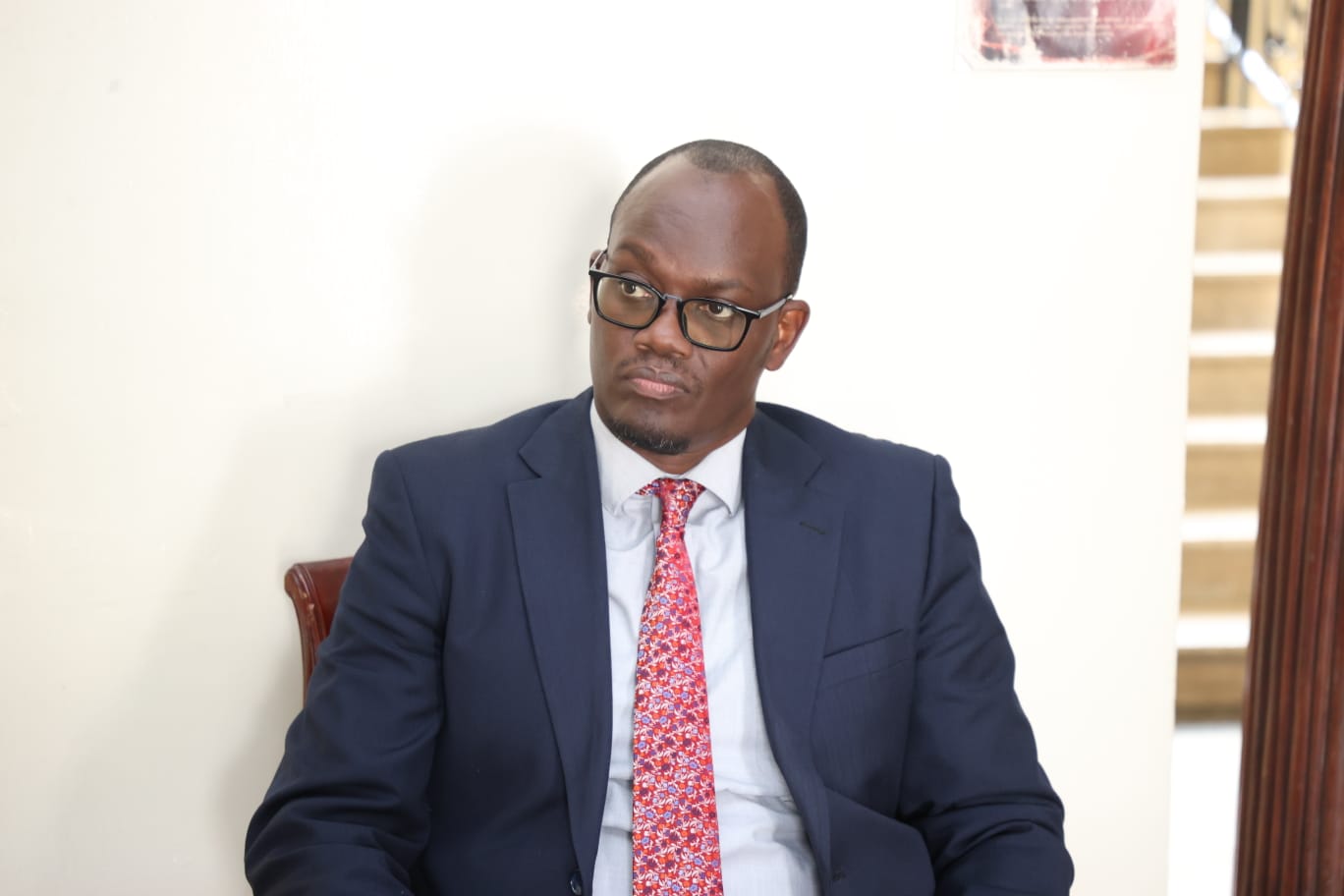
In Gazzette Notice No. 2885 of 2023, the CS for Cooperatives appointed the five “for a period of three years, effective 23rd February 2023.”
First established in 1997, the Cooperatives Tribunal was originally domiciled in the Ministry of Cooperatives.
That was until, the 2010 constitution moved all tribunals under the Judiciary.
Cooperatives tribunal has jurisdiction in all cooperative disputes in Kenya, with its decisions only appealable to the High Court within 30 days of its ruling or award.
Though also based at Re-Insurance Plaza within the Nairobi CBD, the tribunal regularly has sittings in Mombasa, Nakuru, Kisumu, Nyeri, Kakamega, Meru and Embu. These sittings are scheduled on the calendar over the whole year.
–CJ–
Tribunals are bodies established by Acts of Parliament to exercise judicial or quasi-judicial functions. They supplement ordinary courts in the administration of justice.
However, tribunals do not have criminal jurisdiction.
Like the courts, tribunals are obligated to respect the Bill of Rights in their decisions. They are also meant to not be repugnant to justice and morality in their decisions.
Consistency with the Constitution of Kenya, and other laws of the land is also paramount.
Most tribunals are subject to the supervision of the High Court.


